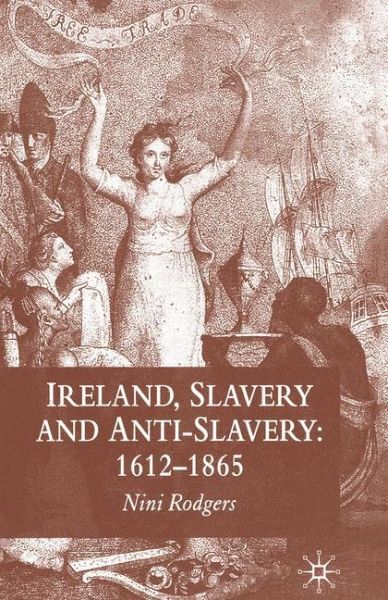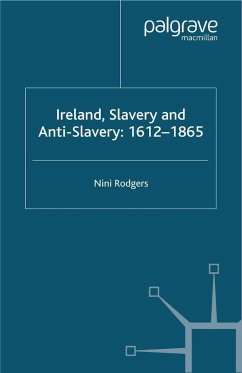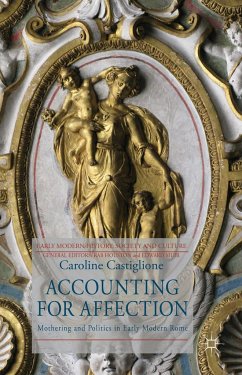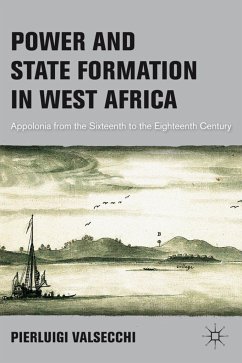
Ireland, Slavery and Anti-Slavery: 1612-1865
Versandkostenfrei!
Versandfertig in 6-10 Tagen
113,99 €
inkl. MwSt.
Weitere Ausgaben:

PAYBACK Punkte
57 °P sammeln!
This book tackles a hitherto neglected topic by presenting Ireland as very much a part of the Black Atlantic world. It shows how slaves and sugar produced economic and political change in Eighteenth-century Ireland and discusses the role of Irish emigrants in slave societies in the Caribbean and North America.














